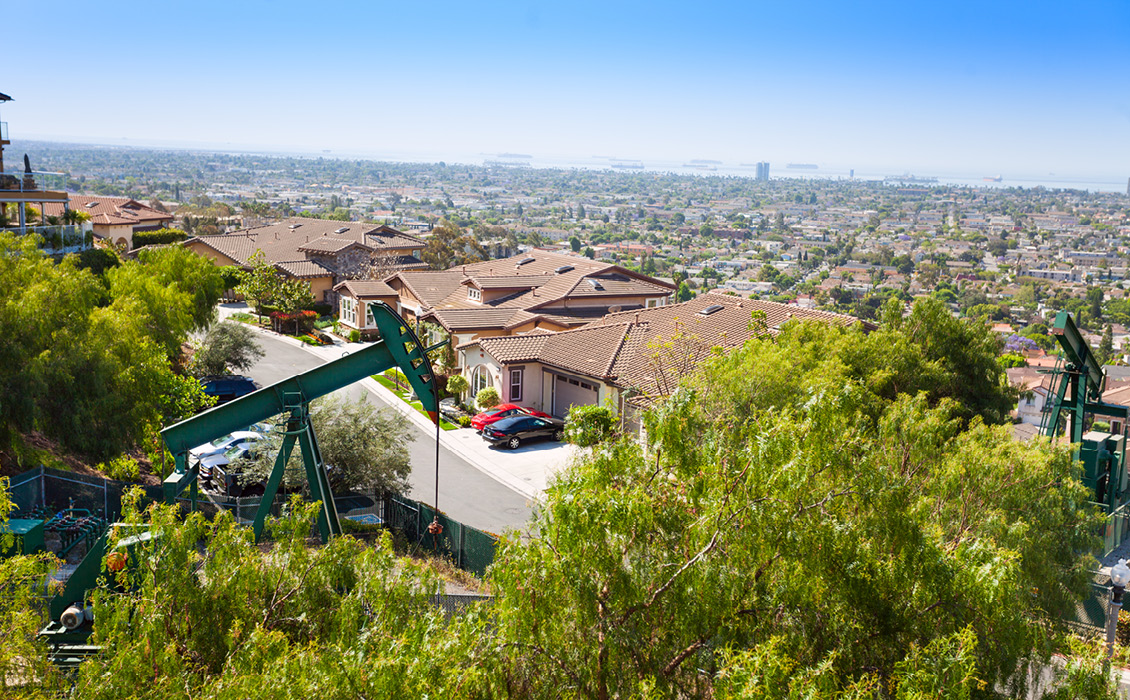The news that the LA City Council has voted to phase out oil and gas drilling in and around the city is a reminder of how the culture wars – cancel culture, if you will – has embraced the flaring furnace of transition. On the one side we have an academic paper which berates drilling, not only because it will underpin future emissions and the health of the planet, but also because of the impact on human health and, notes a research paper from the University of Southern California, on the health of the poor. Yes, it’s the poor who are most likely to live close to these active oil and gas projects.
 Source: Shutterstock.On the other side of this transition argument is the jobs issue – 8,300 of them associated with extraction and development in LA. Shutting down domestic energy production not only puts people out of work and reduces taxes that pay for vital services, argues Rock Zierman, CEO of the California Independent Petroleum Association, but it makes the city more dependent on foreign imports from Saudi Arabia and Iraq. As the world in early 2022 looks down the barrel of a Russian gun and contemplates the fallout from another Middle Eastern rocket, this is an emotive argument. Clean energy or energy security: you take your choice.
Source: Shutterstock.On the other side of this transition argument is the jobs issue – 8,300 of them associated with extraction and development in LA. Shutting down domestic energy production not only puts people out of work and reduces taxes that pay for vital services, argues Rock Zierman, CEO of the California Independent Petroleum Association, but it makes the city more dependent on foreign imports from Saudi Arabia and Iraq. As the world in early 2022 looks down the barrel of a Russian gun and contemplates the fallout from another Middle Eastern rocket, this is an emotive argument. Clean energy or energy security: you take your choice.
The very complexity of transition – how fast, how expensive, how pervasive – makes it fair game for counterculture distortion. Living close to oil and gas sites is associated with reduced lung function says University of Southern California researcher Jill Johnston who is an assistant professor of preventative medicine. But what about the health impacts of losing your job? More broadly, you might add, fossil fuels have done a fair bit to lift tens of millions of the world’s most needy folk out of poverty. Even the developed world must look after its poorest citizens.
Rising energy costs, over US$90 a barrel for oil and gas prices dramatically higher, are also an important short-term factor in transition. The world needs affordable, available fossil fuels to fund cleaner alternatives runs the argument. Environmental justice, yes, but perhaps keep just a few of those urban wells up and running.




